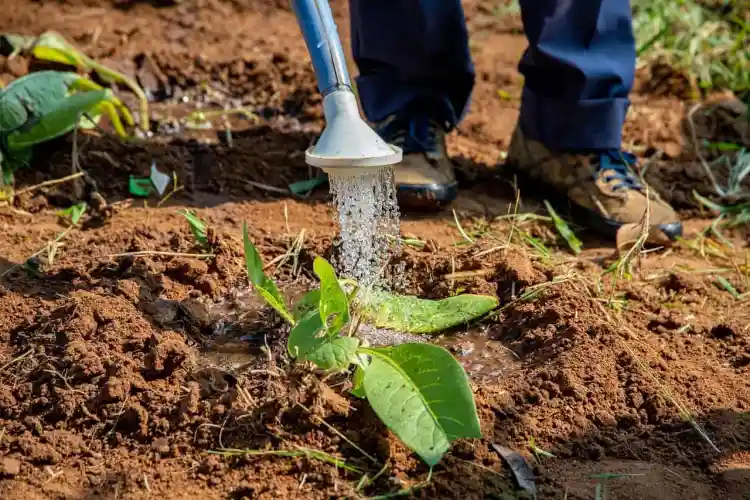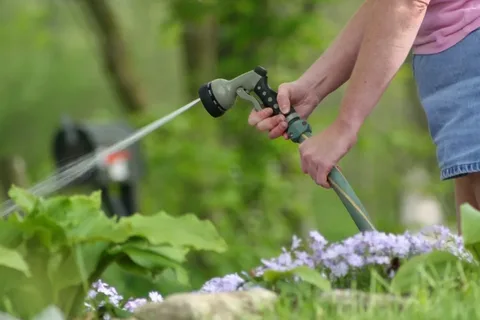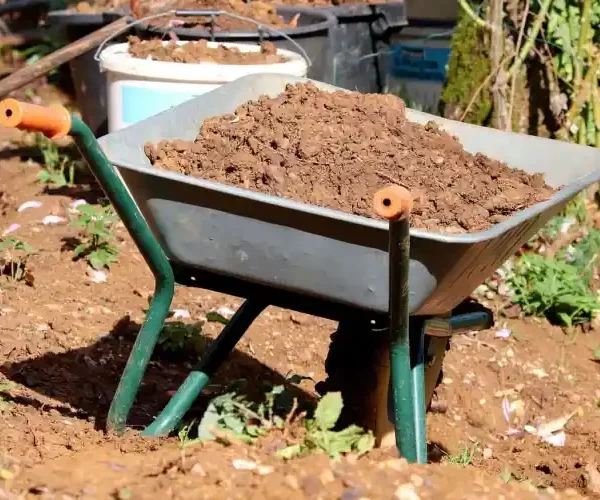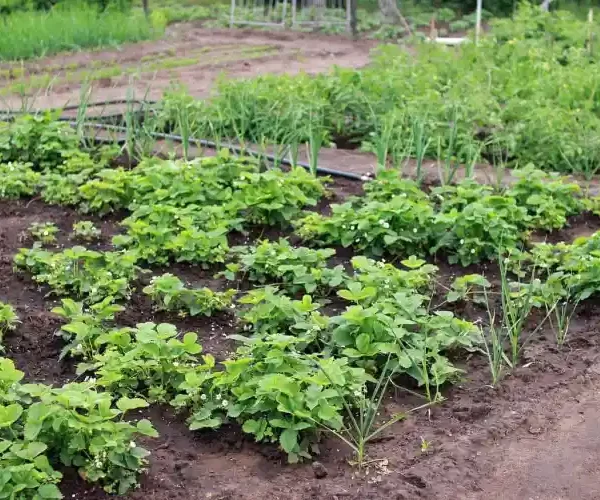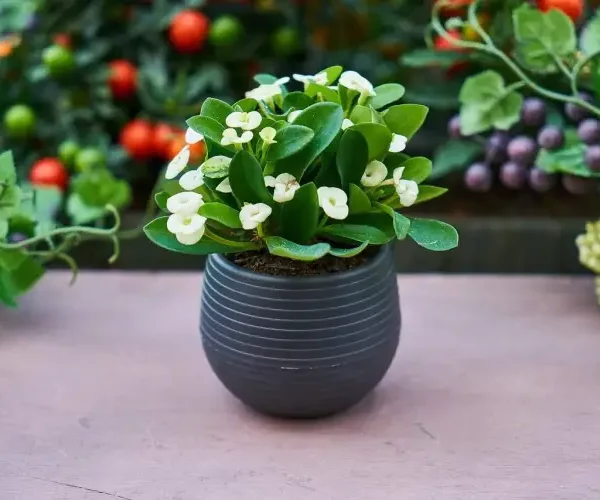Choose Drought-Tolerant Plants
Selecting plants that are naturally adapted to your local climate reduces water requirements significantly. Consult resources from your local agricultural extension office or botanical garden for a list of suitable drought-tolerant species.
Improve Soil Quality
Enhance soil structure with organic matter like compost or mulch to improve water retention and drainage. Well-amended soil not only holds moisture better but also supports healthy root growth and nutrient uptake.
Mulch Your Garden Beds
Apply a layer of mulch around plants to reduce evaporation, suppress weed growth, and regulate soil temperature. Organic mulches such as wood chips or shredded leaves are effective in retaining moisture and promoting soil health.
Water Wisely: Use Efficient Irrigation Methods
Opt for drip irrigation or soaker hoses over sprinklers to deliver water directly to the root zone with minimal evaporation. Time irrigation sessions to early morning or late evening to reduce water loss due to evaporation and wind.
Install Rainwater Harvesting Systems
Capture rainwater from roofs or surfaces in barrels or cisterns to supplement irrigation needs during dry periods. Ensure the system is designed and maintained to prevent contamination and optimize water collection efficiency.
Practice Smart Watering Techniques
Monitor soil moisture levels using moisture meters or by simply checking soil moisture with your finger. Water deeply and less frequently to encourage deep root growth, which helps plants access water stored deeper in the soil.
Use Hydrogel Products
Consider using hydrogel crystals or products that absorb and release water gradually, improving soil moisture retention and reducing the frequency of watering. Follow manufacturer guidelines for application rates and effectiveness.
Implement Water-Efficient Garden Design
Design your garden layout to group plants with similar water needs together, known as hydrozoning. This approach ensures efficient water use by targeting irrigation where it’s needed most and avoiding overwatering or underwatering.
Regularly Maintain Your Irrigation System
Inspect and maintain irrigation equipment, including checking for leaks, adjusting sprinkler heads, and cleaning filters. Proper maintenance ensures efficient water distribution and prevents water wastage.
Educate Yourself on Local Water Regulations
Stay informed about local water restrictions, seasonal watering schedules, and incentives for water-efficient gardening practices. Consult governmental resources or water conservation organizations for updated guidelines and educational materials.
Why is water conservation important in gardening?
Water conservation in gardening helps preserve this vital resource, reduces water bills, and promotes sustainable gardening practices that benefit the environment and future generations.
What are drought-tolerant plants, and why should I choose them?
Drought-tolerant plants are species that can thrive with minimal water once established. Choosing these plants reduces overall water consumption in your garden while still providing beautiful and resilient landscaping.
How can improving soil quality help save water?
Improving soil quality with organic matter like compost enhances its ability to retain moisture. This reduces the frequency of watering needed for plants and supports healthier root systems.
What types of mulch are best for conserving water in garden beds?
Organic mulches such as wood chips, shredded bark, or straw are effective for retaining soil moisture, suppressing weeds, and moderating soil temperature, thereby reducing water loss through evaporation.
What are the benefits of using drip irrigation over traditional sprinklers?
Drip irrigation delivers water directly to the root zone of plants, minimizing water loss from evaporation and runoff. It also promotes deeper root growth and ensures efficient water use.
How can rainwater harvesting benefit my garden’s water efficiency?
Rainwater harvesting involves collecting and storing rainwater for later use in watering plants. It reduces reliance on municipal water supplies during dry periods and provides a natural, untreated water source.
What are hydrogel products, and how do they help conserve water?
Hydrogel products are water-absorbing crystals that can be added to soil to improve water retention. They absorb and release water gradually, reducing the frequency of watering needed for plants.
What is hydrozoning, and how does it optimize water use in gardening?
Hydrozoning involves grouping plants with similar water needs together in your garden. This allows for targeted watering practices, ensuring each plant receives the appropriate amount of water without waste.
How can I determine the best time to water my garden?
The best time to water your garden is early morning or late evening when temperatures are cooler, reducing water loss through evaporation. Avoid watering during the heat of the day to maximize water efficiency.
Where can I find information on local water regulations and incentives for water-efficient gardening?
Local water authorities, governmental websites, and conservation organizations provide information on water restrictions, seasonal watering guidelines, and incentives for implementing water-saving practices in gardening.
- Rhode Island’s Favorite THC Infused Beverages - June 5, 2025
- THC Soda and Drink Options in Idaho - May 28, 2025
- Ohio’s Go-To THC Infused Beverages - May 28, 2025

